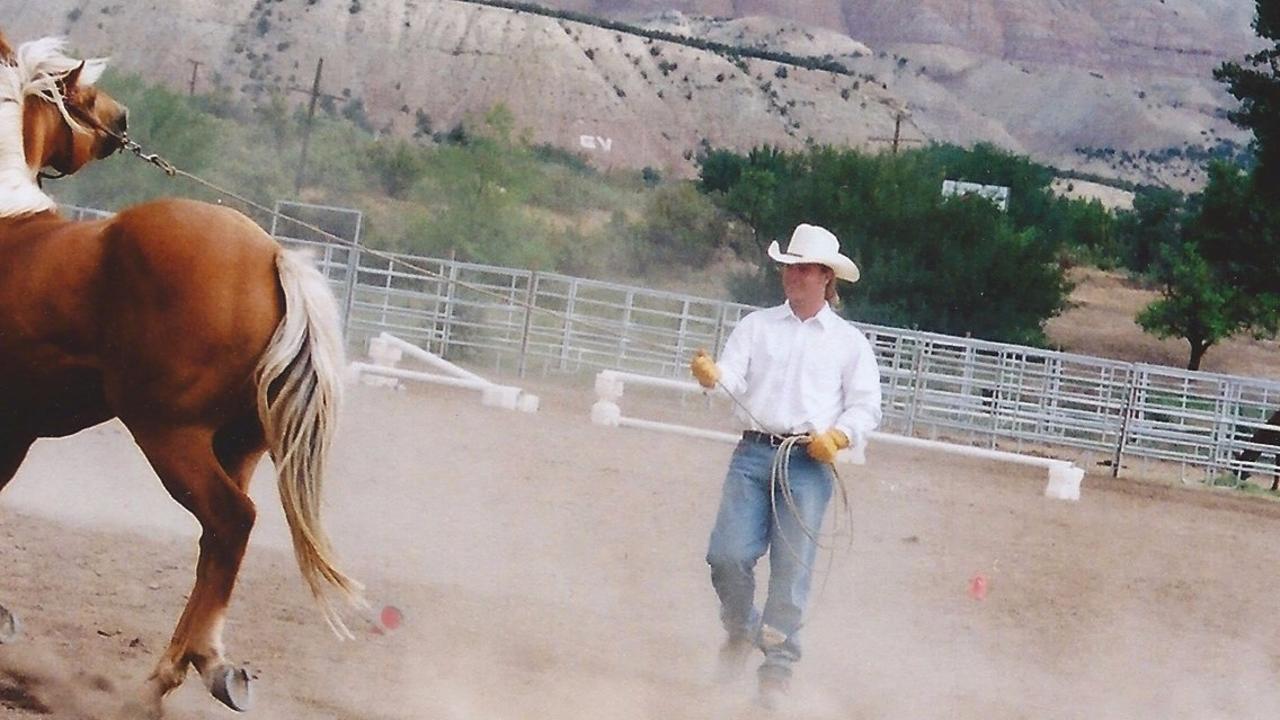
When it comes to naming physical things such as a girth (or a cinch as those of you in the US would say), language is not that important. We can all make ourselves understood in a foreign country when we need to loo, right?
However, when we are talking about concepts that are less easy to define things become very complicated.
Take the concept of respect, for example. I respect my horse and to me, this means that I care about how he feels and the experience he's having with the training. But, should I expect the horse to respect me? If so, how do I measure this? What does a respectful horse look like, how does it behave? What does a disrespectful horse look like?
Could I confuse fear, confusion or frustration, such as kicking, bucking or pushing on me, as 'disrespectful behaviour'? And, if I did confuse the two, might that lead me to treat the horse differently?
I think it's very easy to confuse these things, which is why I removed all reference to the words such as respect, leader and alpha from my training many years ago. I found that when some people (not all but certainly some) deem their horses to be disrespectful, it encourages them to punish (often in the form of chasing and called correction because it's prettier) the horse.
Read what the International Society for Equitation Science has to say on the subject, here.
We behave very differently when we decide the horse is confused, for example, rather than 'trying it on' or being 'disrespectful'. We are likely to tackle confusion with gentleness and understanding - breaking the lesson down and making an effort to teach the horse the behaviour we want.
I'll discuss the difference between correction and punishment in a later email but in the meantime, let me know your thoughts on it. What do you consider to be an appropriate correction for being pushy when led, for example? Have you ever seen people misinterpreting their horse's behaviour as being disrespectful when you've thought the horse was confused or scared?

